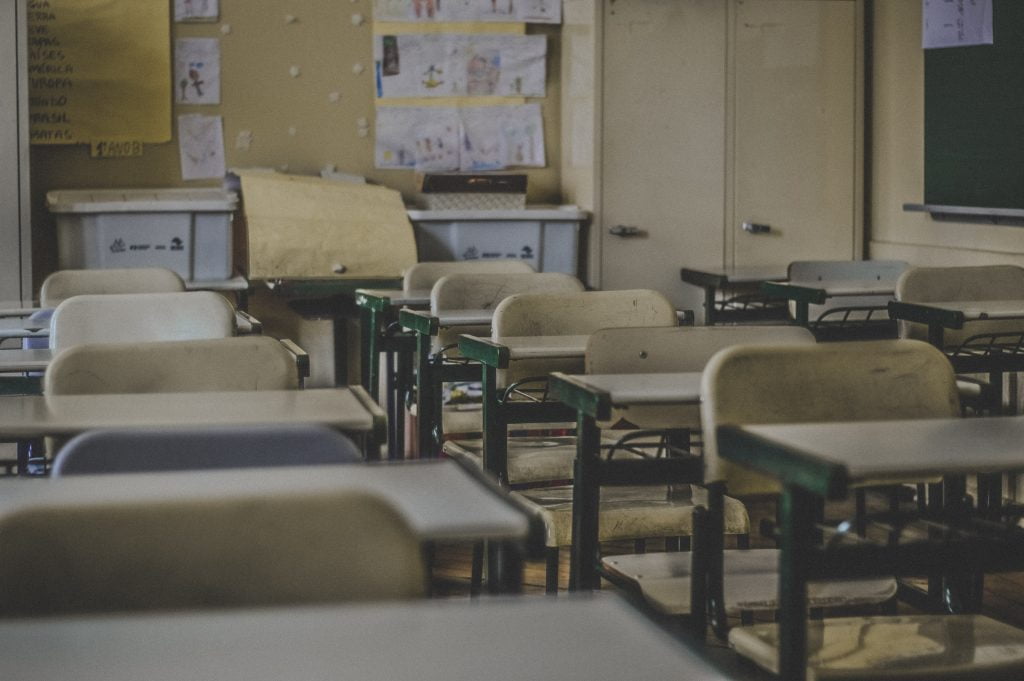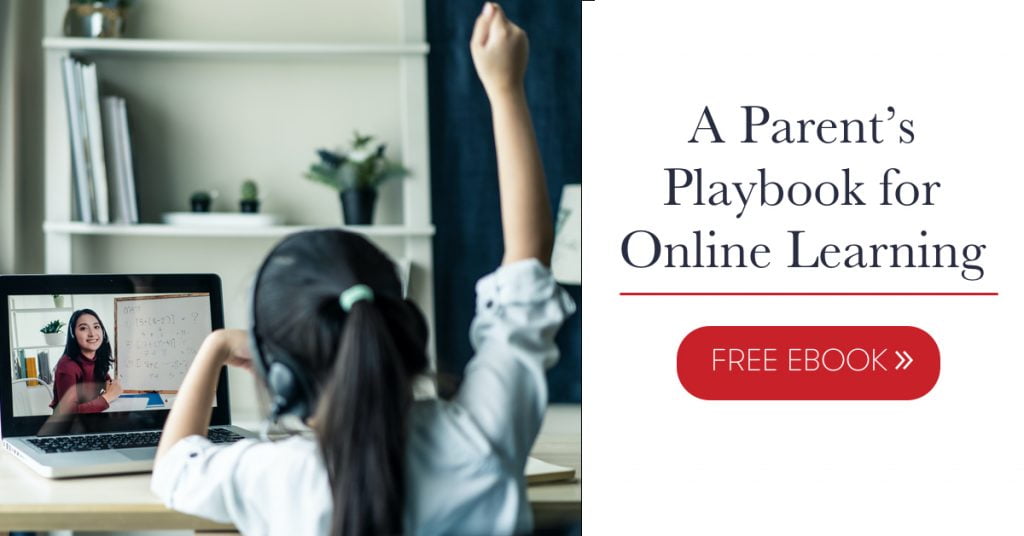At least once a year, children who receive special education have a meeting that involves parents, teachers, administrators, and related services. During these meetings, the team discusses the child’s progress, goals, services, and supports which become part of the child’s individualized education plan (IEP). There are many topics that legally have to be addressed during these meetings, but this is also a time where parents can advocate for their child’s needs. Talking about sex education and sexual safety are two important topics that parents can raise and, in doing so, help protect their child at school. The conversations do not have to be limited to IEP meetings, but it is a good place to start and would be necessary for these topics to be referred to in the IEP.
Sex Education
A child with an IEP should receive the same sex education that all other children receive adapted to meet their individual learning needs. Unfortunately, many children in special education either go through sex education with no additional support or get left out of sex education altogether. This means that these children end up understanding less about their own sexual anatomy, health, and rights which can put them at greater risk for sexual abuse (and there is quite a bit of evidence that this is the case). At an IEP meeting, parents can ask the educational team when and how sex education is provided as well as how the team plans to accommodate their child so they can access this part of the curriculum. In general, a parent should be able to ask for the same types of accommodations their child receives in other academic areas for example, more time, visual supports, text provided at reading level, or a specialized learning environment.
Although this seems rather straightforward, it can get complicated rather quickly. First, what sex education looks like from state to state, and within states, from district to district, can be very different. Although there are national guidelines, they are not binding.
Additionally, many schools contract with outside organizations to provide sex education who may not be aware of each students’ accommodations. Even when sex education is provided by school personnel, this is likely to be a gym or health teacher who may have no training in special education. Meanwhile, special education teachers rarely receive training in sex education.
In discussing sex education, it is important to get clarity about who will be making the adaptations and who will be responsible for providing the instruction, especially if supplemental instruction is needed. Fortunately, there have been a lot of advancements in the area of teaching sex education to people with disabilities especially intellectual disabilities and autism. It is reasonable for parents to ask educators to seek out these resources. The website asdsexed.org has a comprehensive list of resources.
Sexual Safety
Sexual safety is another important topic to discuss during IEP meetings. Whereas the topic of sex education is focused on curricular access and accommodation, the discussion of sexual safety focuses on the school’s policies and practices. The topic of sexual safety has two layers: school-wide policies and practices, and specific practices based on a child’s individual needs.
It is completely appropriate for a parent to want to understand how educators and other staff are trained to identify and report suspected abuse. It is also appropriate to ask about the procedures the school has in place to ensure that children are safe while they are attending school as well as being transported to and from school. In general, parents should be listening for practices that ensure all interactions with children have the potential to be observed and interrupted at any time. This type of conversation can put educators and administrators on the defensive and it can be a difficult conversation to navigate, especially if the parent feels that the school does not have appropriate policies in place. To make this conversation go a bit more smoothly, parents could let the team know in advance it is a topic that would like more information about and that they want to discuss it during the meeting.
Some children may also need safety planning around their individual needs. Children who receive physical assistance in the form of physical prompts during learning or transitions, physical help with mobility and mobility devices, personal care support, and use augmentative and assistive communication should all have specific language in their plans regarding safety. Depending on the child’s specific needs, this language can refer to ensuring that personal care is observable and interruptible, how best to discuss private topics and the language used, getting consent or assent before touching, and having access to safety-specific communication.
How These Conversations Help
There is a clear benefit to discussing sex education and sexual safety. Addressing these topics at IEP meetings can increase a child’s access to sex education, improve the sexual safety policies at the school, and ensure that safety planning is in place. But these discussions do double duty. By addressing these topics, parents are sending a message that sexual safety is something they are attentive to and willing to address. Sexual perpetrators hide amongst our culture’s shame and hesitancy around sexual topics. By addressing sexual safety at IEP meetings, parents give perpetrators one less place to hide.
Dr. Sarah Curtiss is an assistant professor specializing in special education in the School of Education. She completed her Ph.D. in Human Development and Family Studies at the University of Illinois at Urbana-Champaign. Dr. Curtiss explores how to develop programs for autistic youth that foster resilience, facilitate positive development, and are grounded in lived experience. Throughout her research, Dr. Curtiss situates autistic youth in context—in families, communities, schools, service systems, and cultures. Her research is applied and informed by stakeholders. This has led to projects on human sexuality education, social skills, family mealtimes, and the transition to adulthood. Prior to earning her Ph.D., Dr. Curtiss managed a day program for adults with developmental disabilities.

Online Workshop — Protecting Children in a Virtual Learning Environment
It is critical for teachers, mentors, and coaches to know how to recognize the signs of abuse and neglect both in-person and through virtual interaction. You can help protect children with our online abuse prevention workshops for educators and youth-serving professionals — Protecting Children in a Virtual Learning Environment. Register now at www.BeauBidenFoundation.org/Workshops.

A Parent’s Playbook: Tips for Online Learning
If you have or know a child learning online, you’re in the right place. This free eBook – A Parent’s Playbook: Tips for Online Learning – contains the three most important conversations you need to have to protect a child. Click here to download it now.
